Corruption in Palestine: A Self-Enforcing System
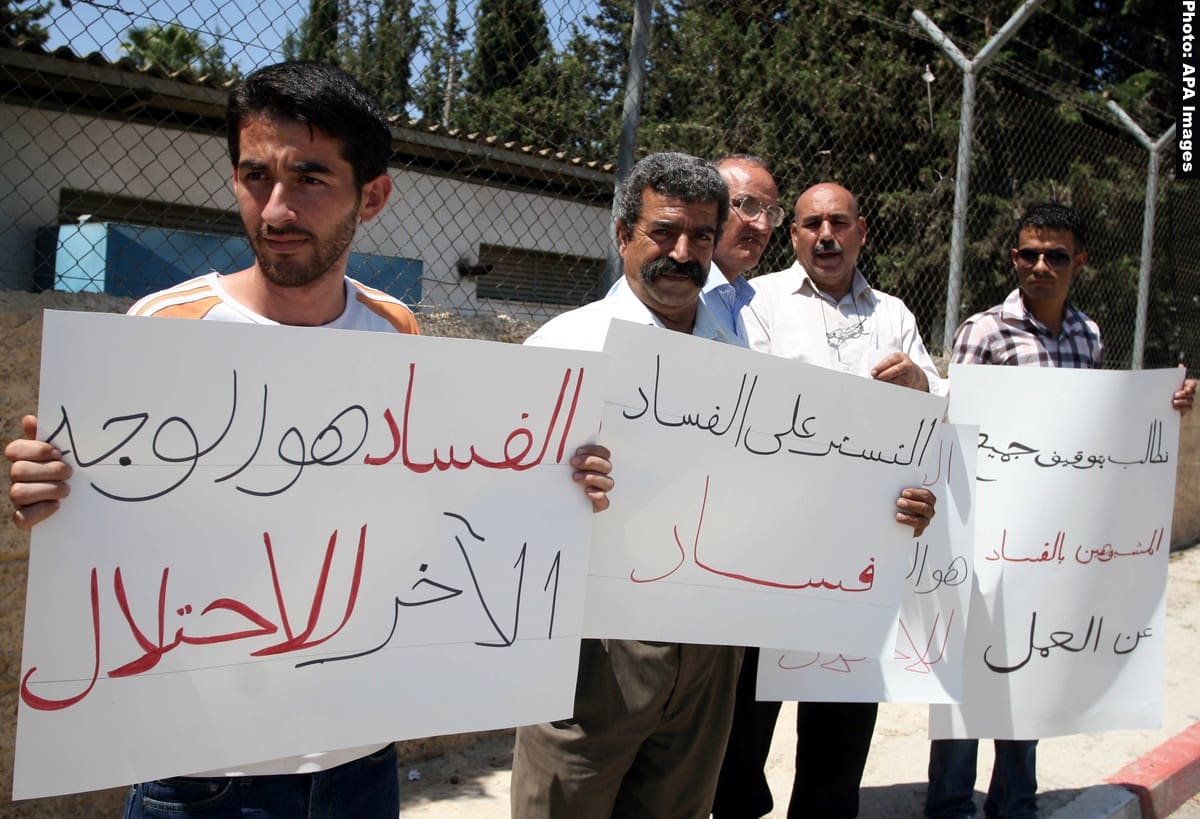
81% of the Palestinians living under Israeli occupation rank the problem of corruption second only to the occupation itself. Al-Shabaka Policy Advisor Tariq Dana analyzes the systems and actors involved, arguing that corruption is a structural problem with longstanding political roots that cannot be tackled through adopting codes of conduct and other technical solutions.
Unlocking the Labor Market for Palestinian Women
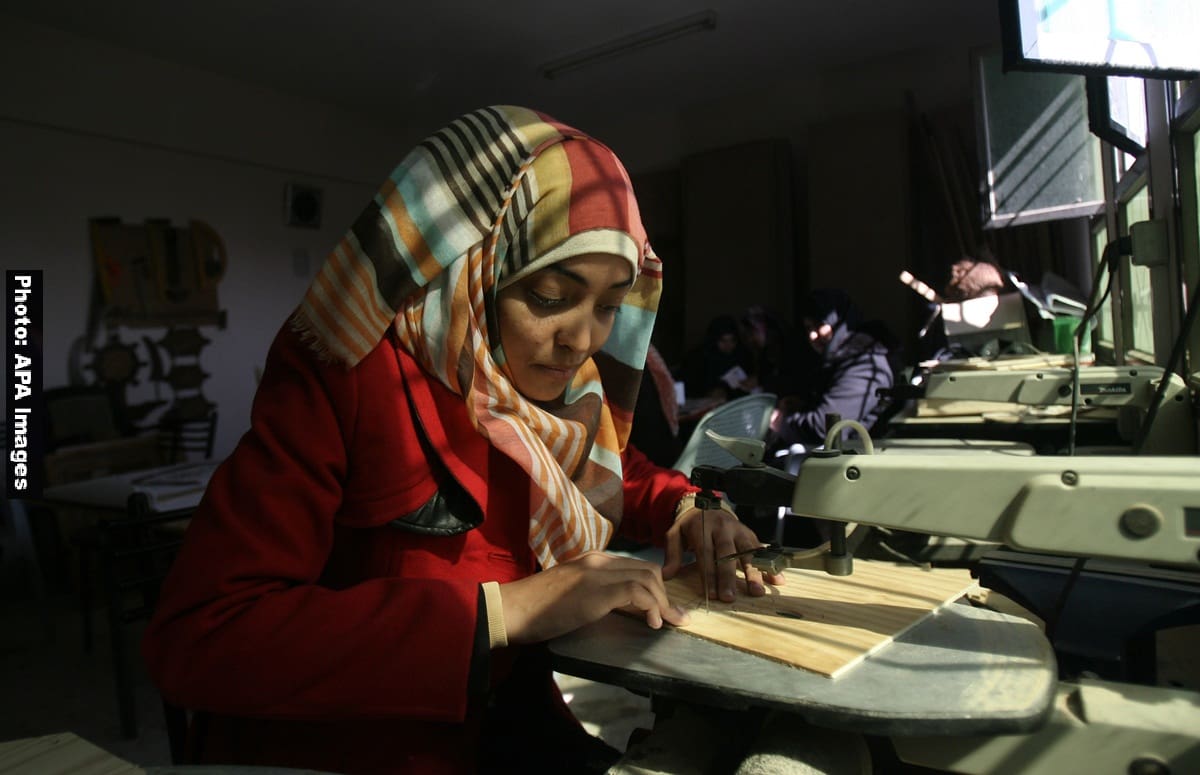
Palestinian women have one of the lowest rates of labor force participation in the world -despite higher primary and secondary enrolment ratios than males in the entire Middle East and North Africa. Al-Shabaka Policy Advisor Samia Al-Botmeh examines the trends and proposes policies that move beyond the supply side to focus on demand for women’s labor.
BDS: A Global Movement for Freedom & Justice
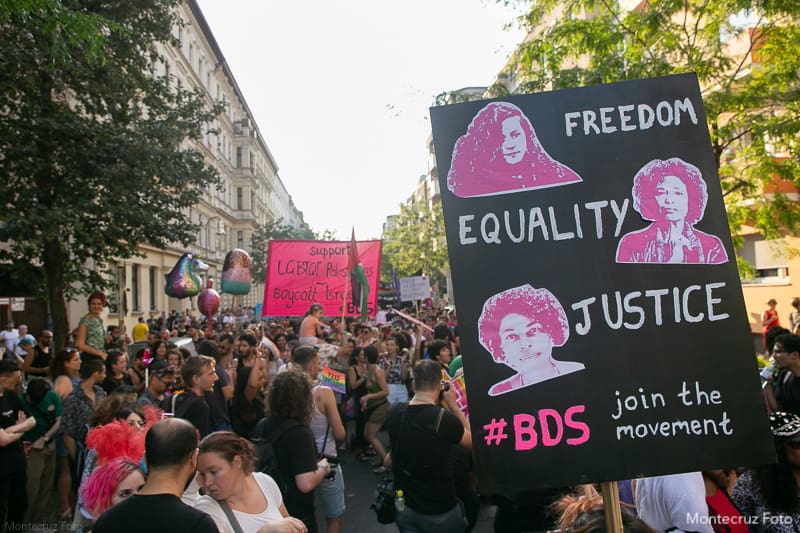
The success of the Boycott, Divestment and Sanctions (BDS) Movement launched a decade ago owes much to the constancy of its founding principles and the flexibility of its context-specific actions, as is evident in this policy brief written half-way along the road by Al-Shabaka Policy Advisor Omar Barghouti and republished today.
A Bold Proposal: Palestine Should Give Its Refugees Citizenship
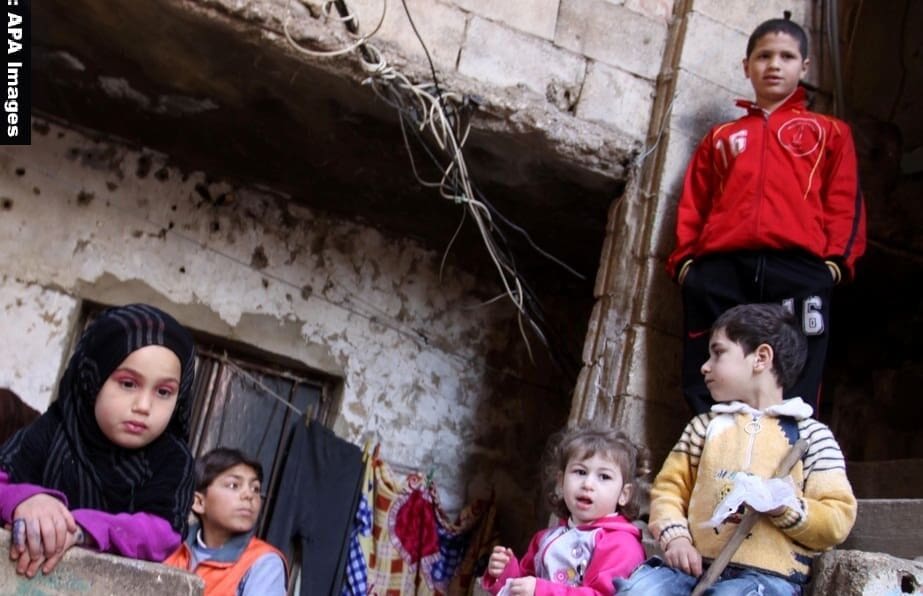
Palestine should confer citizenship on its stateless refugees and enter into bilateral agreements with other states to improve their situation – as citizens – wherever they reside. Al-Shabaka Policy Advisor Fateh Azzam knows this proposal has pitfalls but argues it is a powerful way to create facts on the road to freedom and rights. Read the policy brief or the executive summary.
Building a Failed State: Palestine’s Governance and Economy Delinked
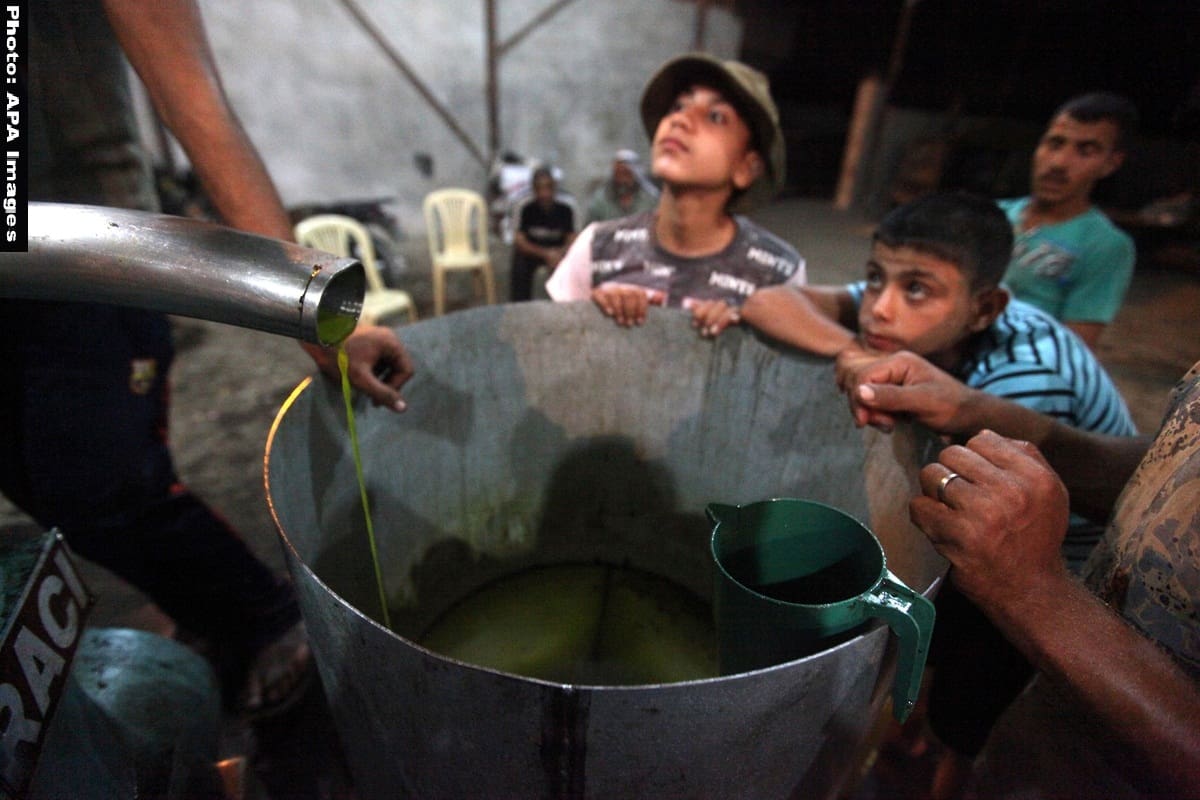
Technical solutions shorn of political context have contributed to a failed state in Palestine and harmed the collective Palestinian struggle for freedom, transforming the Palestinian Authority into an NGO-like body. Al-Shabaka Policy Member Ibrahim Shikaki and Guest Author 24445 analyze the situation and suggest alternative approaches for the PA and the donor community. Read the policy brief or the executive summary.
Palestine’s Day in Court? The Unexpected Effects of ICC Action
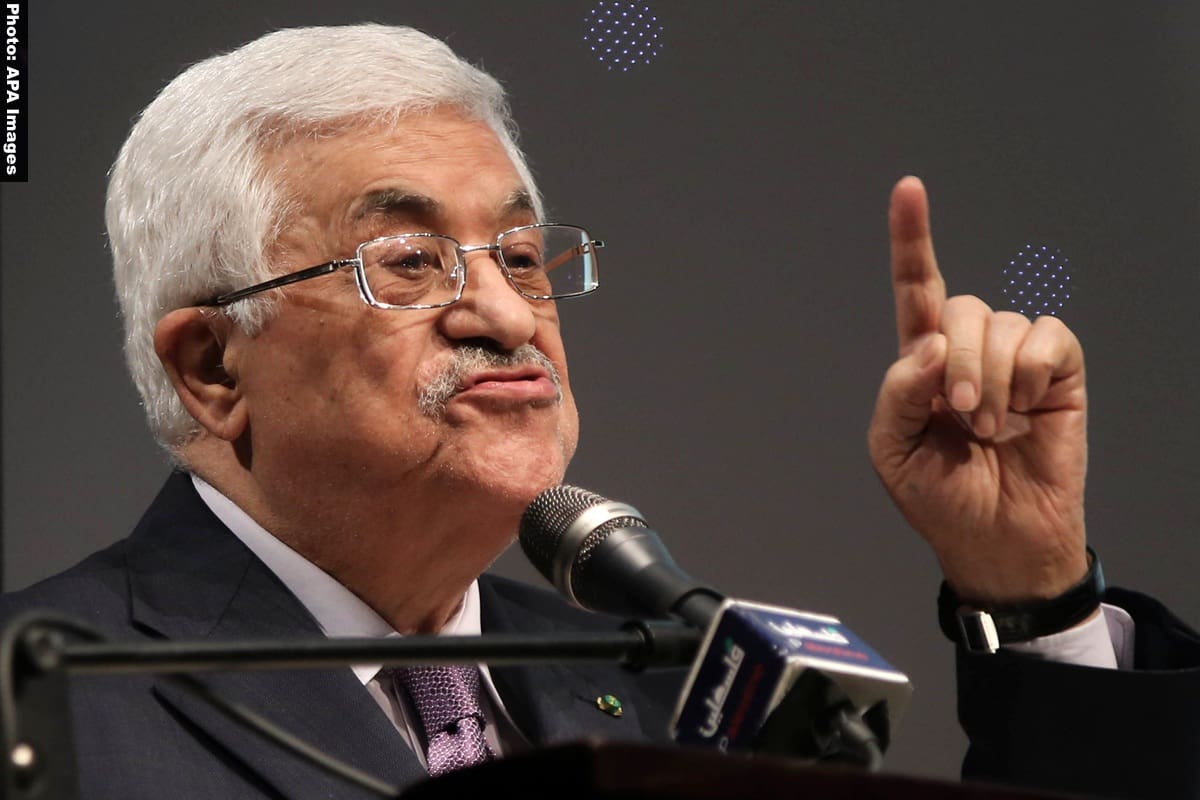
Palestine’s membership of the International Criminal Court takes effect on April 1, 2015. What cases might the Court choose? Will Israel’s legal offensive succeed? Will the UN Security Council suspend the investigation? Al-Shabaka analyst Valentina Azarova addresses many of the misconceptions about what the ICC can and cannot do, and Palestinians should do. Read the policy brief or the executive summary.
Hamas: Three Tough Hurdles in 2015
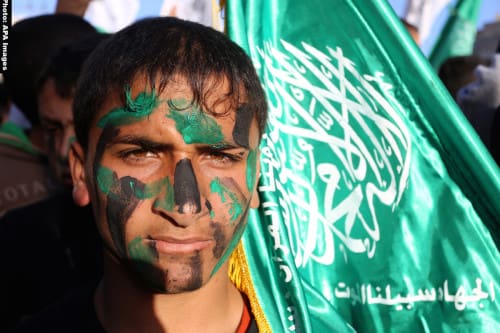
Hamas’s putative rapprochement with Iran scratches the surface of the problems facing the Islamic movement. Al-Shabaka Policy Member Bilal Shobaki zeroes in on three of Hamas’ major challenges: definitively dealing with a Charter from which it has distanced itself; reviving its base in the West Bank; and restoring it regional alliances.
In Jerusalem, “Religious War” Is Used to Cloak Colonialism
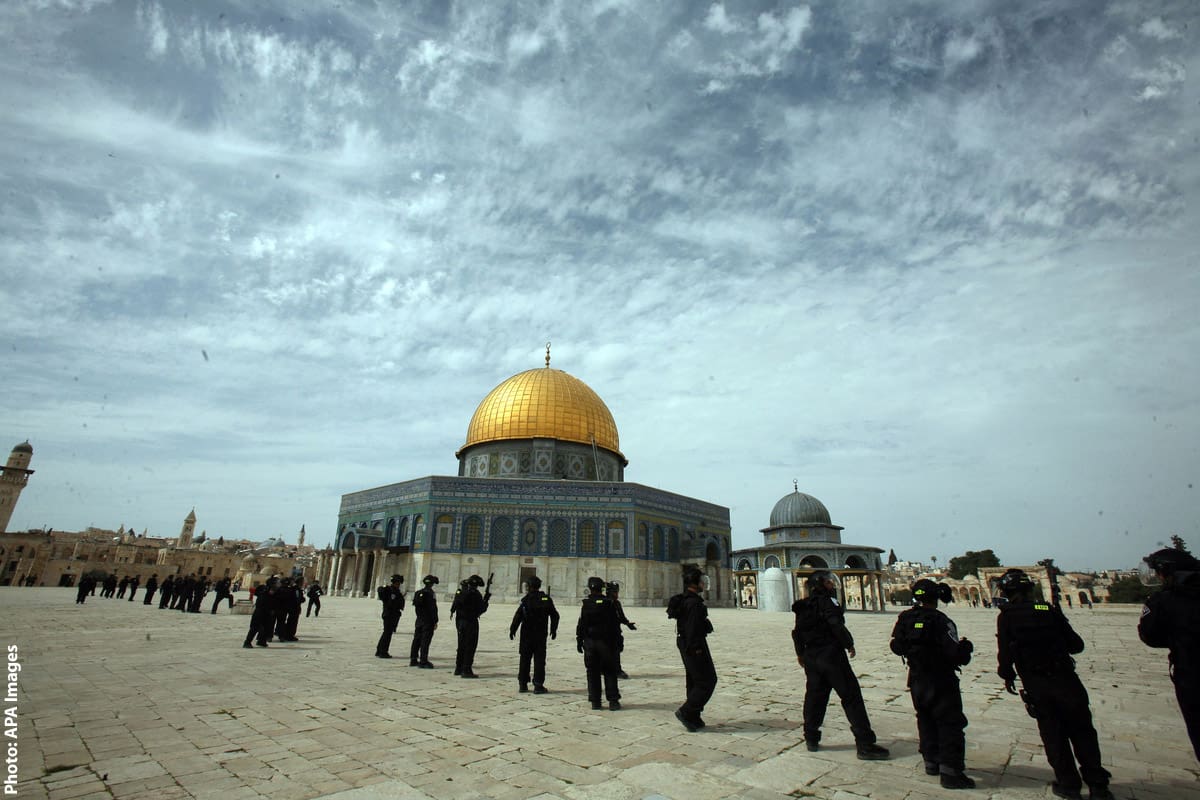
Recent clashes between Israeli settlers and Jerusalemite Palestinians have been billed as a religious war but they are the outcome of Israel’s plans to Judaize the city and empty it of its Palestinian inhabitants in its colonization of the occupied Palestinian territory. Al-Shabaka Policy Member Nur Arafeh analyzes the tools Israel is using and the Palestinian leadership vacuum that has left the defenseless population to fend for itself.
The Customs Union & Israel’s No-State Solution
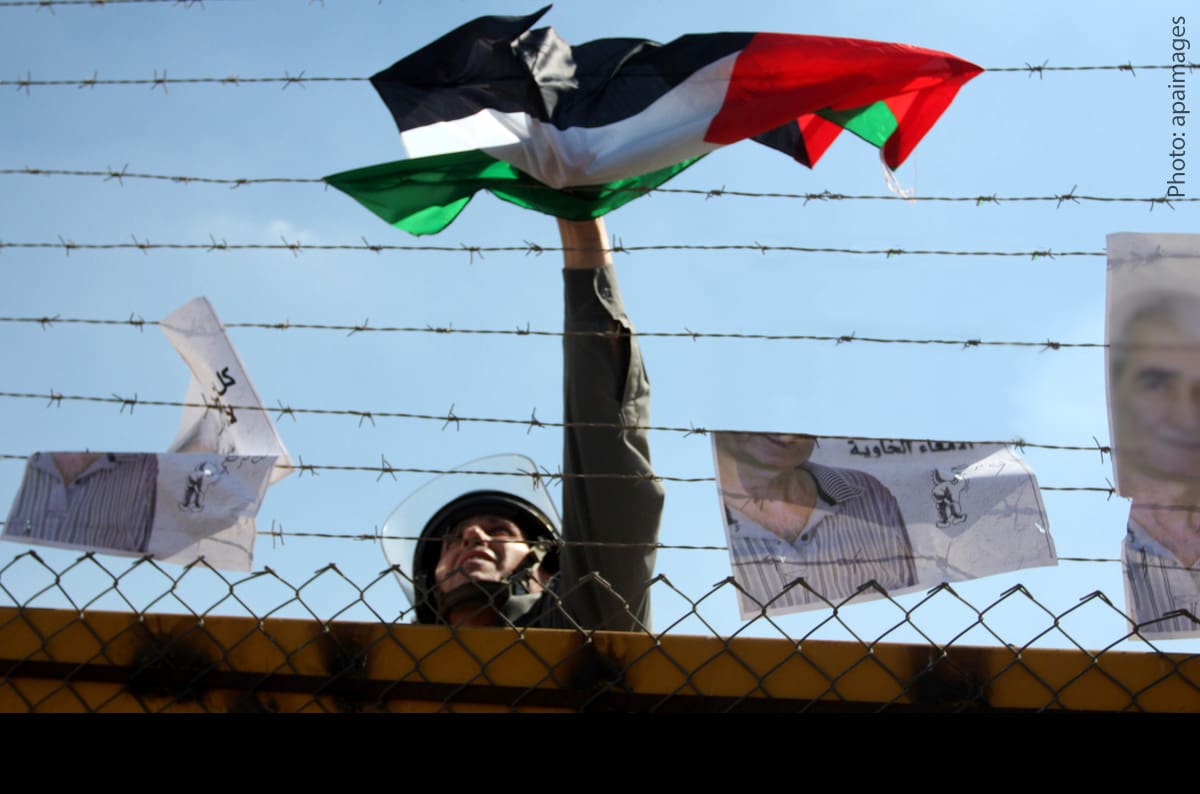
Since it occupied the Palestinian territory in 1967, Israel has had a consistent strategy: To contain Palestinians by rejecting final status arrangements, whether Palestinian sovereignty in two states or equal rights in a single bi-national state. Al-Shabaka Policy Member Amal Ahmad demonstrates the ways in which the Israeli-Palestinian customs union illustrates this often ignored reality.






